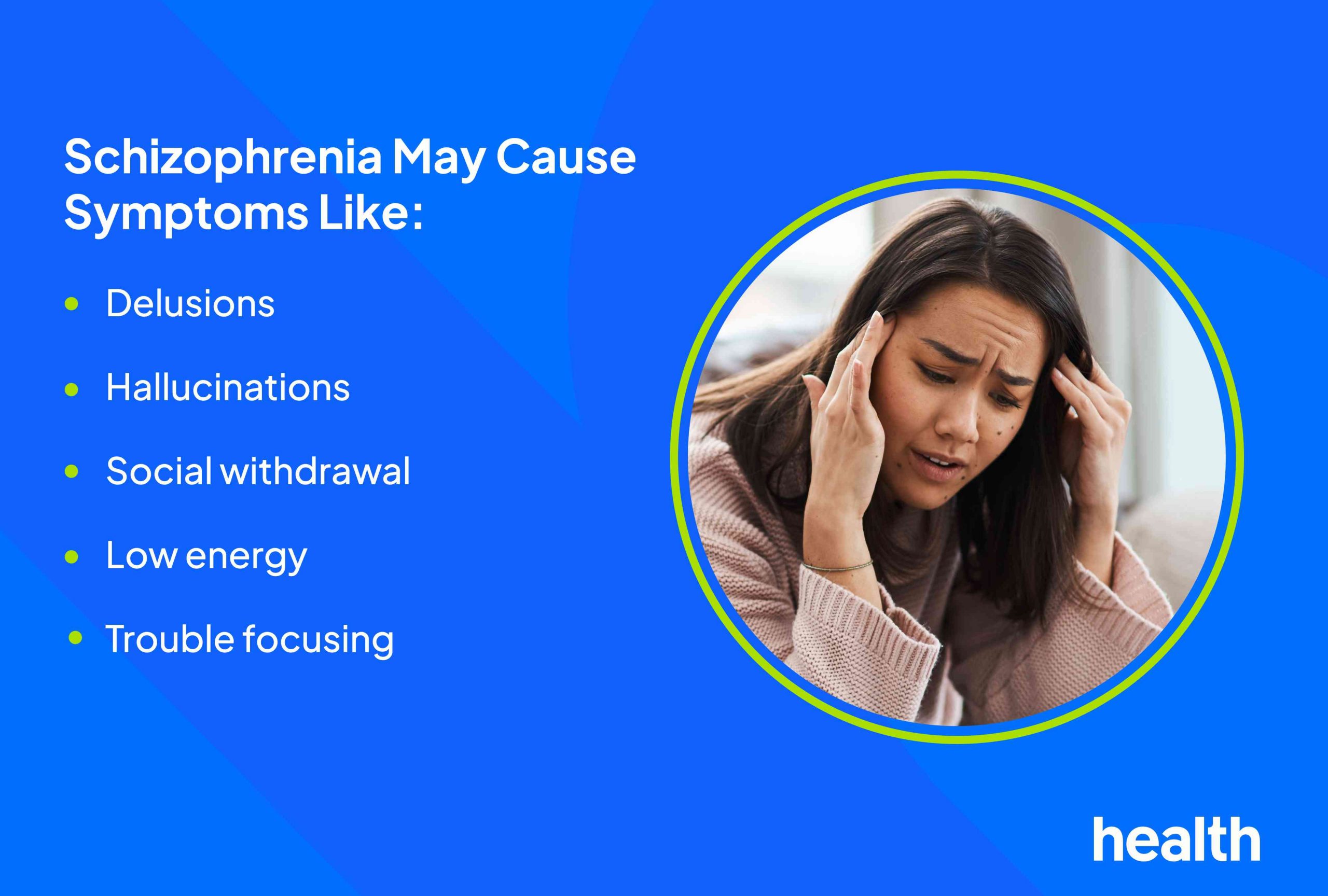Schizophrenia A Complex Mental Disorder
Schizophrenia is a serious mental disorder that affects a person’s thinking, perception, and behavior. It can cause hallucinations, delusions, and disorganized thinking.
Symptoms of Schizophrenia
Symptoms of schizophrenia can vary widely from person to person, but they typically fall into three categories:
- Positive Symptoms: These are excesses or distortions of normal thoughts and perceptions.
- Hallucinations: Sensory experiences that seem real but are not, such as hearing voices or seeing things that aren’t there.
- Delusions: False beliefs that are not based on reality.
- Disorganized Thinking: Difficulty thinking clearly and logically.
- Disorganized Behavior: Unusual or unpredictable behavior.
- Negative Symptoms: These are deficits in normal emotions and behaviors.
- Flat Affect: Reduced expression of emotions.
- Avolition: Lack of motivation or interest in activities.
- Alogia: Reduced speech output.
- Anhedonia: Inability to experience pleasure.1
- Cognitive Symptoms:
- Difficulty concentrating
- Problems with memory
- Poor decision-making skills
Causes of Schizophrenia
The exact cause of schizophrenia is unknown, but it is believed to be a combination of genetic and environmental factors.2
Treatment of Schizophrenia
Treatment for schizophrenia typically involves a combination of medication and therapy.
- Medication: Antipsychotic medications3 are the primary treatment for schizophrenia. They can help reduce hallucinations, delusions, and disorganized thinking.
- Therapy: Cognitive-behavioral therapy (CBT) can help individuals with schizophrenia develop coping skills and manage symptoms.
- Social Support: A strong support system, including family and friends, can be crucial for individuals with schizophrenia.
While schizophrenia is a serious mental disorder, with appropriate treatment and support, many people with schizophrenia can lead fulfilling lives.

